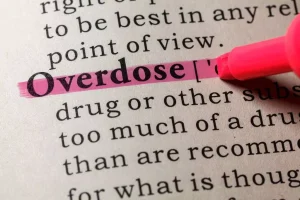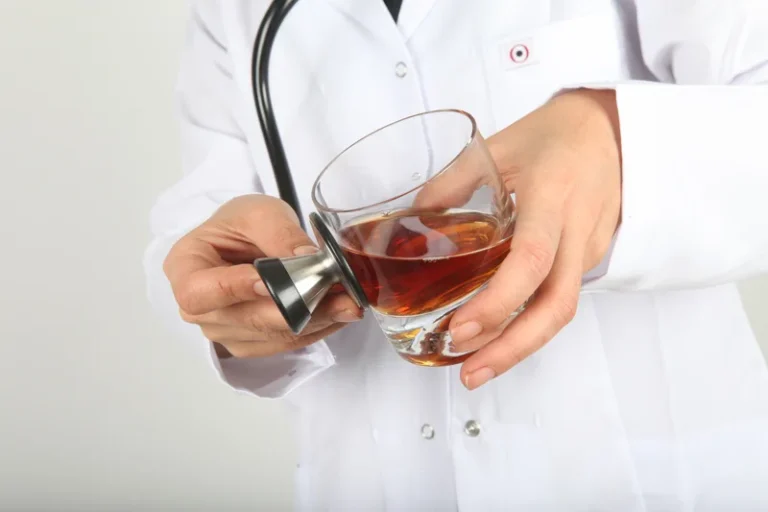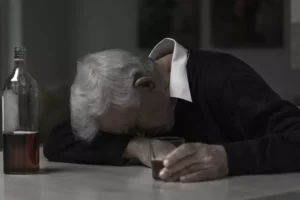
In 2014, states that had legalized medical marijuana reported a 25 percent drop in deaths resulting from an overdose of pain medication. Read on to learn more about marijuana, its effects, addictive potential, and type of treatment for those who struggle with its misuse. Those who are unable to control their use and intake, however, do meet the diagnostic qualifications of a substance use disorder or addiction. Drugs that lessen marijuana cravings have often been unsuccessful. “It is likely that the combination of behavioral and pharmacological approaches will be superior to either alone.”
How Pot Affects Your Mind and Body
- On the other hand, there are studies that have issued warnings on marijuana and heart health as well as using marijuana for morning sickness.
- Undergoing behavioral therapy can help you understand your addictions and motivations better.
- Preliminary results for clinical trials testing a drug that increases the brain’s cannabis-like proteins are promising — especially in terms of reducing drug use and withdrawal symptoms.
- The downside, however, is that you are more likely to relapse when detoxing yourself.
- Volkow thinks that this decreased response to dopamine is likely caused by marijuana use.
- This desire to give back is a common thread in many recovery stories, including those who’ve overcome Klonopin addiction.
While marijuana withdrawal is generally less severe than withdrawal from substances like opioids or alcohol, it can still be uncomfortable. Common symptoms include irritability, sleep disturbances, and intense cravings. Understanding these symptoms and having strategies to cope with them can make the difference between relapse and continued sobriety. Many people who get treatment for marijuana addiction use behavioral therapy to tackle the psychological aspects of their addiction. The amount of time spent in behavioral therapy varies from person to person but may last roughly 12 weeks.

What are the treatment options for cannabis use disorder?
This article looks at what you can expect from a marijuana detox. What to know before embarking on one, and what comes after you are done with your detox. For many, it’s difficult to imagine a life in which using drugs is more important than spending time with friends or doing favorite hobbies. It’s certainly difficult to imagine using drugs despite major consequences, such as a suspended driver’s license or prison time.
The Effects of Marijuana Abuse
- For some people, however, marijuana use gets out of control and starts to create problems.
- This is because there’s a lack of supervision and accountability from a person of authority.
- Volkow also conducted a 2014 study that found that the brains of people who misuse marijuana have a decreased response to dopamine.
- Instead, it is more important to look at reported cannabis intake compared to the amount that is in the blood.
Use of medicinal cannabis began in America in the 1850s, when products with cannabis extracts were produced and sold to treat maladies such as pain and muscle spasm. Soon after, pharmaceutical regulations were introduced in some states. Products containing habit-forming substances such as cannabis were often https://ecosoberhouse.com/ labeled as poisons and, in some cases, were available only with a physician’s prescription. Some varieties of cannabis plants are also known as hemp, although “hemp” more commonly refers to a fiber derived from such plants. Historically, hemp fiber has been used to make rope, paper, fabrics and sail canvas.
What makes Yale Medicine’s approach to cannabis use disorder research unique?
In other cases, you’ll need to explore healthy coping mechanisms to help you manage your urges. During this time, it can be helpful to have a plan that will help you stick to your recovery efforts. Look for ways to relieve your symptoms without turning to marijuana and consider reaching out to your healthcare provider marijuana addiction for solutions that can help. While quitting cold turkey isn’t easy and often leads to more intense withdrawal symptoms, there are some reasons people might choose this method. This article explores some of these tactics for how to stop smoking weed as well as information on the withdrawal symptoms you may experience.

Getting rid of the drug itself is crucial, but you should also eliminate any pipes, bowls, bongs, vapes, and related products. Whether you are tapering your use or quitting cold turkey, it is vital to be aware of the people, objects, or situations that can trigger drug cravings and use. Identifying these triggers and finding ways to avoid or cope with them can help you be more successful. To quit smoking marijuana, you need to choose an approach that works for you.
Despite growing acceptance of marijuana use, the potential for addiction remains a reality that shouldn’t be ignored. Understanding the facts about marijuana addiction is crucial for making informed decisions and recognizing when casual use may be veering into dangerous territory. For many in recovery, helping others becomes a powerful way to maintain their own sobriety while making a positive impact.

What to Expect From a Marijuana Detox
People who start using cannabis before the age of 18 have a higher risk of becoming addicted. However, a positive drug test does not necessarily mean the person has cannabis use disorder and a negative drug test does not rule it out. Instead, it is more important to look at reported cannabis intake compared to the amount that is in the blood. Just because the name has changed and the term “cannabis use” has replaced “cannabis abuse” or “cannabis dependence” doesn’t mean that cannabis is not addictive.

